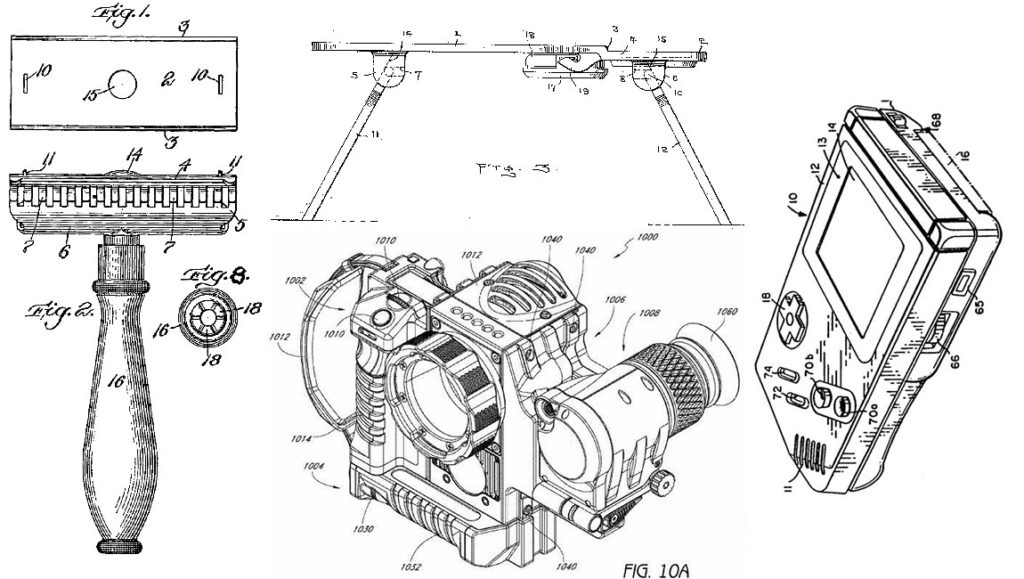
However, over time something happened and you start to see your financial scaling pace dwindle only to discover your competitors have integrated your proprietary features into their software platform. Suddenly, you realize you are losing your competitive advantage and your competitors are gaining market share at your expense, a term known as “ the second mover advantage.” What could you have done to prevent this injustice? You guessed it. You watch as your monthly recurring revenue (MRR) grows, and you have hopes of being of being acquired. Your software platform becomes the “go-to” Software as a Service (SaaS) solution in the space. Finally, you deploy your software solution (that has become your baby) to the public, along with your it’s proprietary features and functionality.

You probably built a pitch deck and rehearsed your “elevator pitch” hundreds of times in hopes of securing a seed round. You have devoted long nights and weekends developing a prototype and beta testing your software.

Imagine you and your team have spent years working diligently to develop a streamlined software solution that provides an answer to a technical deficiency in your industry. Despite being in the midst of a global software industry boom, with the United States and Europe leading the way, the question remains: is software patentable and worth pursuing? Today we will debunk the software patent myths surrounding software patents. This results in an ever spinning rumor mill of misinformation regarding software patent eligibility. These software patent myths may originate from non-lawyers who lack authority on the subject and who have a limited understanding of patent prosecution.

Often, these conversations with new software founders include a tall tale they have heard from an anonymous third-party that software is: (a) not patentable, (b) not worth patenting, or (c) can easily be “worked around” by creating minor changes. Unfortunately for many of these prospective clients, this flawed advice is typically based on limited information and, if followed, can often place a business at a strategic competitive disadvantage. Follow up questions include whether software patents can really be enforced and how easy it would potentially be for another party to develop a “work around.” During many of our new client consultations, one of the most common concerns raised while evaluating whether the client’s business or startup should pursue software patent protection centers on whether software is patentable.


 0 kommentar(er)
0 kommentar(er)
